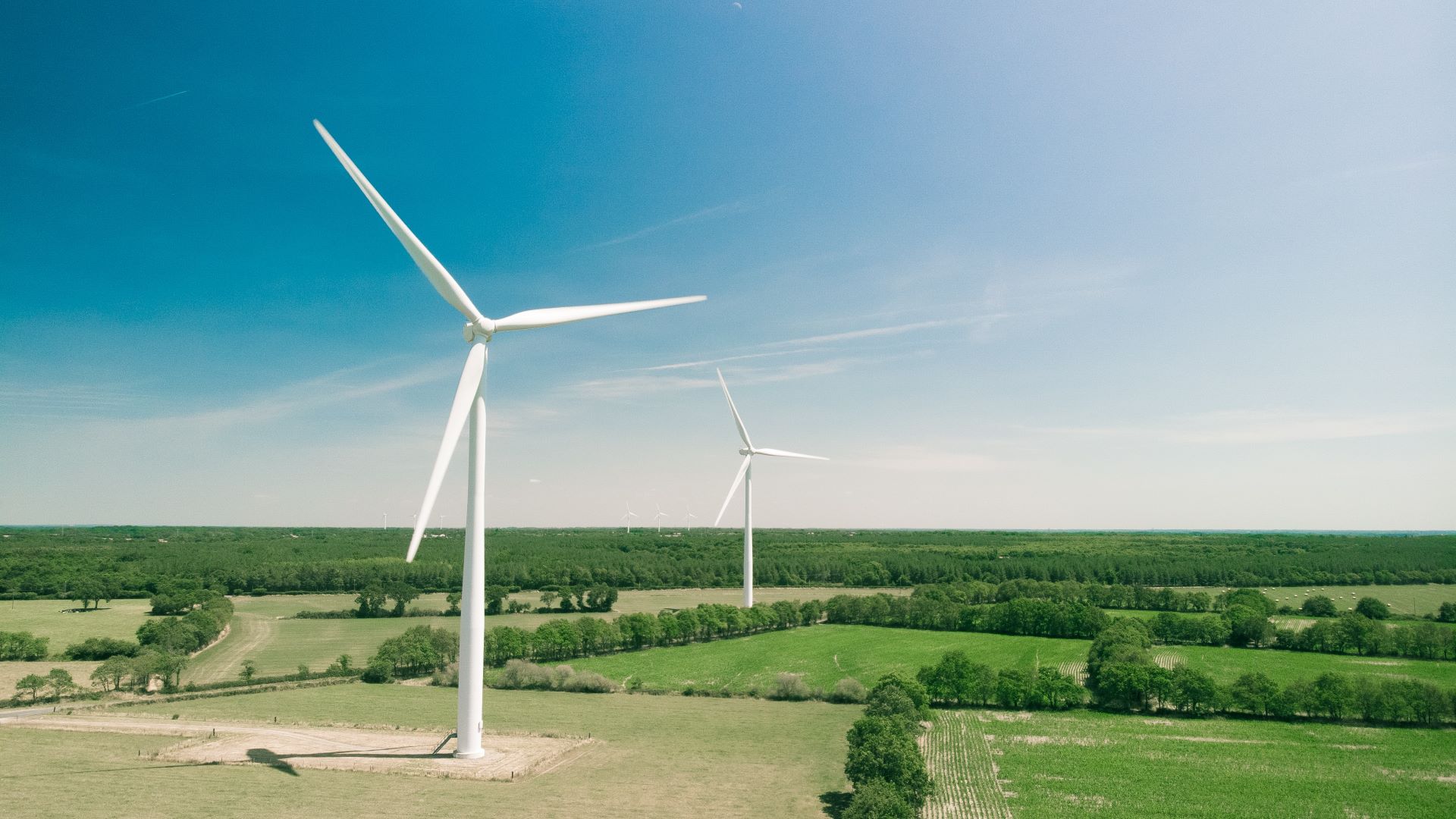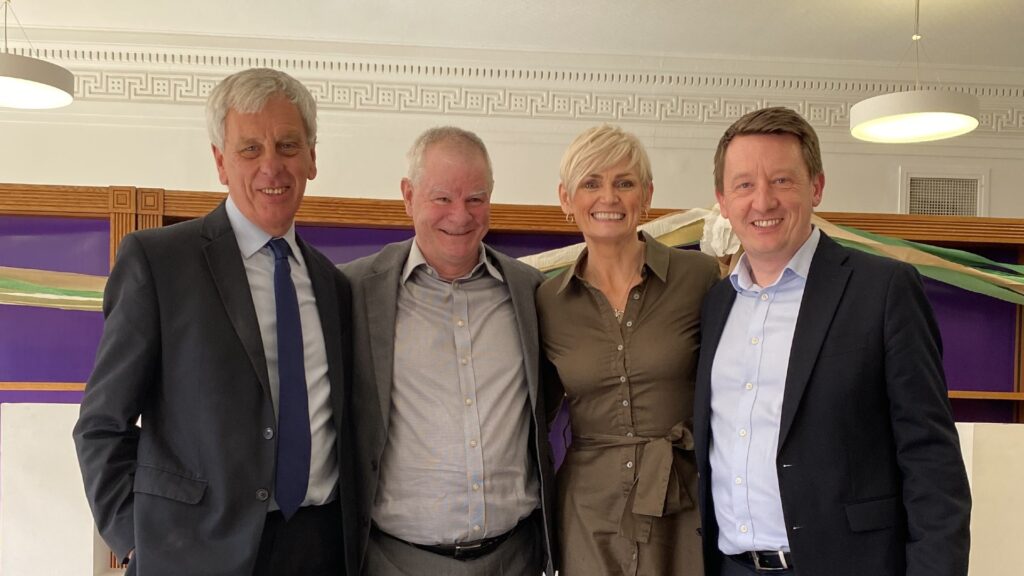It’s that time of the year again for the annual COP (Conference of the Parties) climate summit. This time we are in Sharm el-Sheikh, Egypt, for COP27. Last year the UK hosted COP26 in Glasgow. The COP process is the political decision-making arm of the United Nations Framework Convention on Climate Change (UNFCCC), the Intergovernmental Panel on Climate Change (IPCC) its climate science arm.
The 1.2 degrees Celsius recorded increase in average global temperature; since pre-industrial levels (i.e. 1850s); has had devastating impacts on our planet. Recently, one third of Pakistan was underwater due to major floods, displacing millions of people. An IPCC report published earlier this year stated that 40% of the world’s population are ‘highly vulnerable’ to climate risks.
So have COP meetings made any difference?
The first was held in Berlin in 1995 with the aim of co-ordinating ‘mitigation’ efforts on reducing greenhouse gas emissions based on nationally determined contributions.
At COP21 in Paris 2015, the goal was set of limiting global average temperature rise to at most 2 degrees, based on emission reduction actions.
COPs also work on the ‘adaptation’ side to help prepare and address the impacts of climate change itself.
There have been good COPs (3 Kyoto, 21 Paris), bad COPs (15 Copenhagen), but the vast majority have been indifferent COPs where no meaningful advancement on co-ordinated climate action was achieved.
Slow progress to date on climate action can be explained by a lack of urgency among governments, organisations and societies. Many, if not most, think we will somehow muddle through, find future technological solutions and gradually adapt to new climate realities.
Accordingly, those not at immediate climate risk – like us in the UK – may be thinking that serious climate action is for later, when things get really tough. UN agencies and climate scientists meanwhile warn us that later in this decade rising emissions levels could reach certain tipping points that lead to irreversible, deepening climate damage we will not be able to stop, regardless of what action we take.
So what is needed for us to make the changes required to avoid a global climate catastrophe? History often tells us that only a profound crisis or shock to the system brings about deep structural change or paradigm shift in our thinking and action. Let us hope it doesn’t have to come to this; but something’s got to change, and faster than most of us think. So let’s hope that COP 27 is a ‘good COP’ with real action and commitment arising therefrom!
Christopher Dent is leader of SustainNET and Chair of the University’s Sustainability Group. Please get in contact with him if you wish to be become a SustainNET Member and join our community trying to make the world a better place.
November 17, 2022



